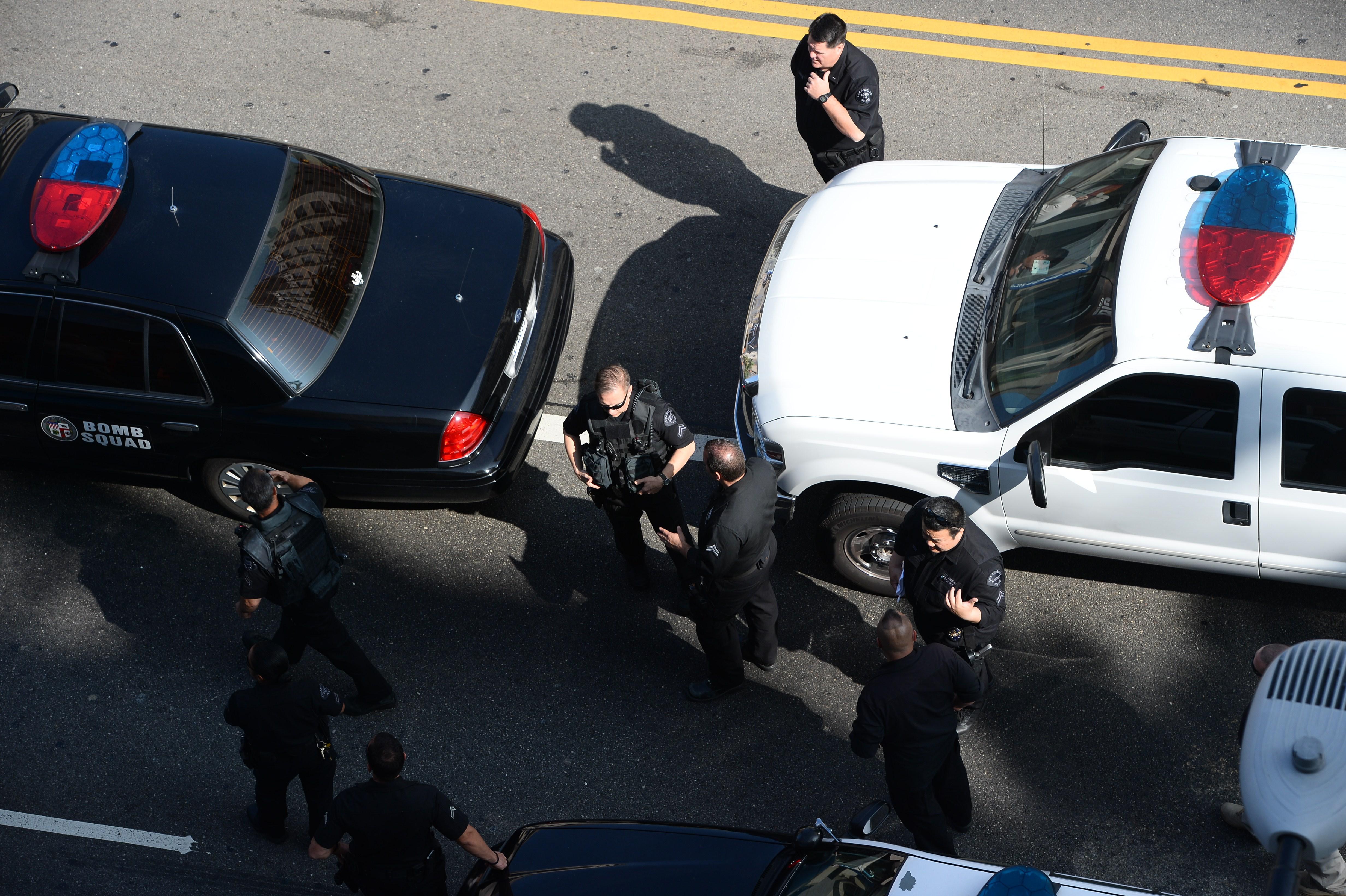A police officer is not supposed to resort to deadly force unless he believes that he, or someone in the vicinity, is being threatened with imminent death or serious bodily injury. It’s supposed to happen rarely, and it’s supposed to be the result of a more or less objective decision-making process. That’s why the results of a new Washington Post investigation are so troubling: it turns out that while the majority of American police officers hardly ever fire their guns in the line of duty, a significant number of them do so multiple times over the course of their careers. The Post found that at least 100 of the roughly 1,000 police officers involved in fatal on-duty shootings in 2015 had used their firearms, in many cases fatally, at least once before. A handful had done it twice, and one had done it three times.
From the Post:
In most cases, the person killed was armed and the shootings were found to be justified by authorities or were still under investigation. The shootings cut across departments of all sizes, involved officers on a range of assignments and grew out of circumstances such as routine patrols, undercover police operations and standoffs with SWAT teams that spanned hours.
The findings – which, it’s important to note, don’t include police officers who were involved in deadly force incidents while working at other departments – can be explained in one of two ways.
The first is that some police officers are more likely to encounter dangerous situations than others based on the nature of the work they do: a patrol officer in a high-crime neighborhood in Baltimore is more likely to come face to face with an armed suspect than a suburban cop who mostly writes traffic tickets.
The other explanation is the concerning one: Some police officers might just be more trigger-happy than others, and will use deadly force in situations that their colleagues would resolve peacefully.
A sound public policy goal would be to weed out those overly aggressive officers and replace them with officers who are better at de-escalation. Because even if most police shootings are justifiable, it’s also true that many of them can be avoided. Whatever you may think about the national debate over police accountability, it should not be controversial to say that officers who possess the skills and temperament to avoid the use of deadly force are preferable to those who don’t.
